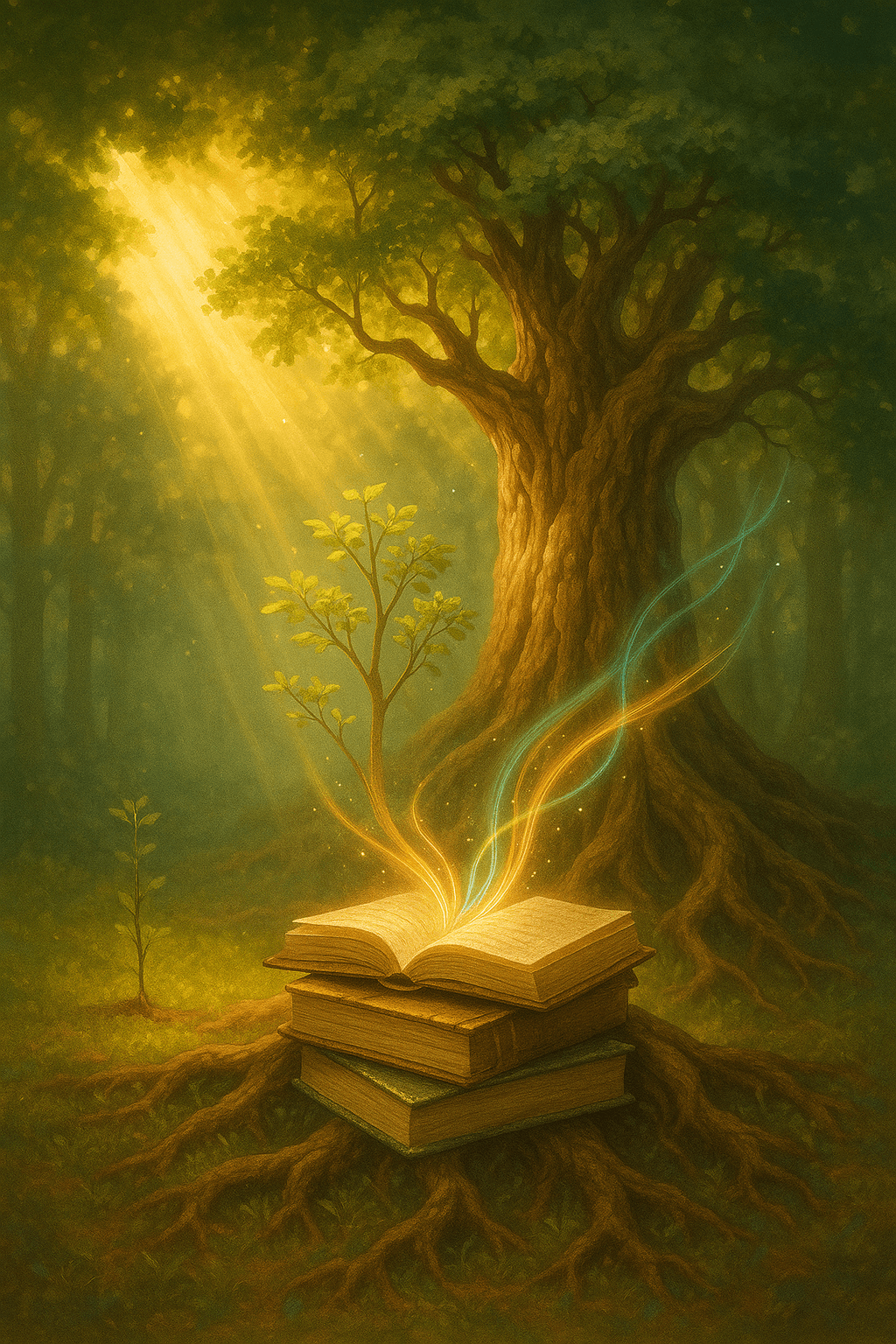Wisdom Beyond Years: The True Sources of Understanding

Wisdom comes not from age, but from education and learning. — Anton Chekhov
—What lingers after this line?
One-minute reflection
What's one small action this suggests?
Challenging the Myth of Age and Wisdom
Chekhov’s statement directly contests the long-standing belief that age automatically bestows wisdom. While traditional cultures often associate gray hair with insight, Chekhov insists that mere passage of time is not enough. Instead, he redirects our attention to more dynamic sources, inviting us to consider the processes—education and learning—that genuinely cultivate deep understanding.
Education as the Forge of Wisdom
From this starting point, education emerges as the active force in realizing wisdom. Chekhov’s words reflect the Enlightenment thinkers, such as John Locke, who argued in 'Some Thoughts Concerning Education' (1693) that learning molds character and judgment. Schools, universities, and apprenticeships all serve as arenas where critical thinking and self-reflection are nurtured, laying the groundwork for true discernment.
Lifelong Learning and Intellectual Growth
Transitioning from formal education, Chekhov’s insight also highlights lifelong learning. The wisest individuals are those who remain curious and receptive, regardless of their age. History’s polymaths—Leonardo da Vinci among them—demonstrate that accumulated wisdom results not from passive living, but from an enduring quest for knowledge, experimentation, and the humility to admit one’s limits.
Anecdotes from Real-Life Experience
This perspective is further illustrated by stories from various walks of life. For example, innovators like Malala Yousafzai exemplify how wisdom can emerge from intense education and hard-earned lessons, even in youth. On the other hand, countless elders may resist new information or remain set in their ways, showing that age alone does not guarantee enlightenment.
Bridging Generations Through Shared Learning
Ultimately, Chekhov’s viewpoint encourages us to foster intergenerational dialogue built on mutual learning. Bridging the gap between experience and new information, the young may offer fresh perspectives, while the old can share tested insights—both enriched by continued education. In this way, wisdom becomes a living, evolving quality, drawn from attentive learning rather than the simple accumulation of years.